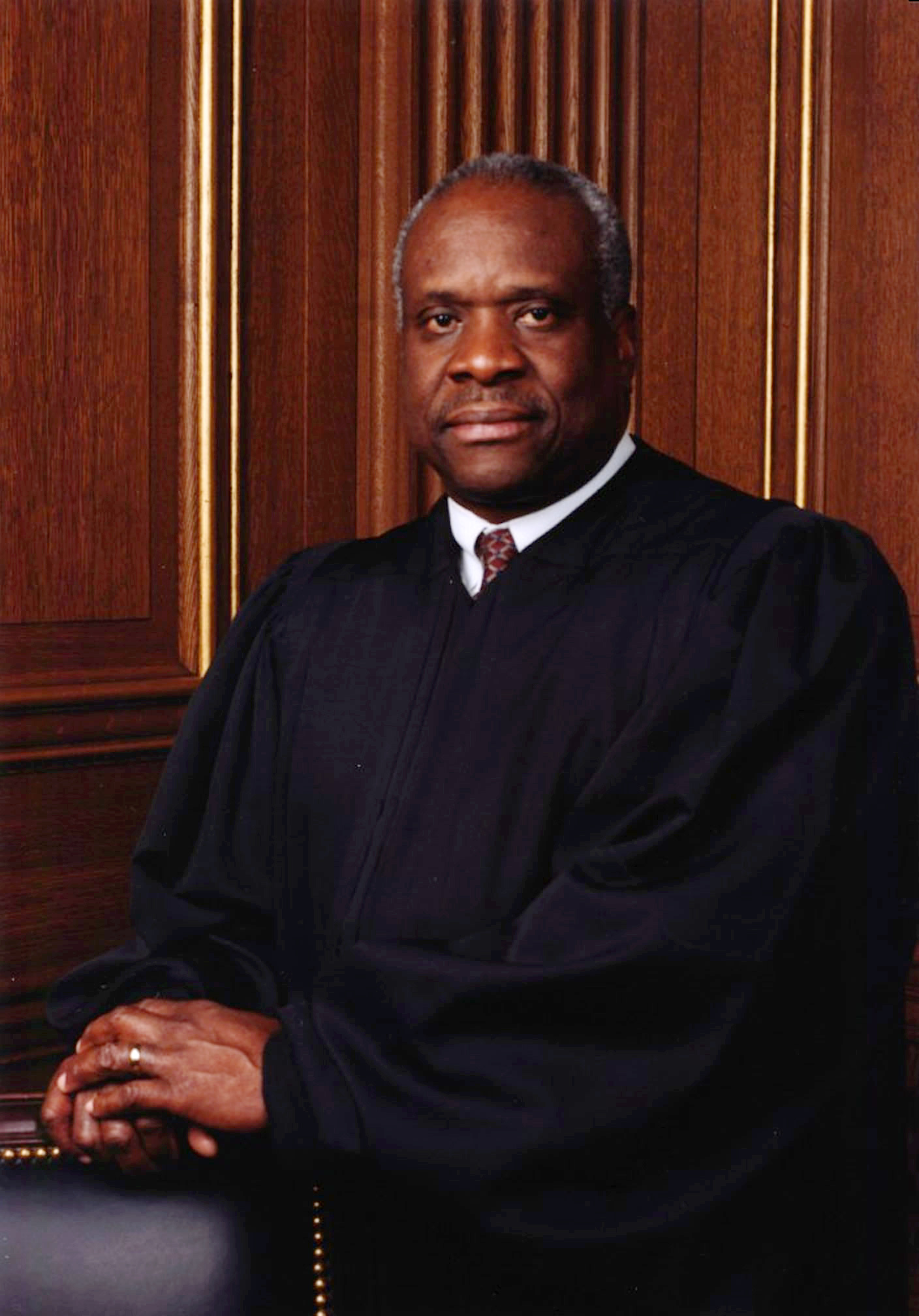 From an April 2007 ABA Journal interview with Kevin Merida and Michael A. Flectcher, authors of Supreme Discomfort: The Divided Soul of Clarence Thomas:
From an April 2007 ABA Journal interview with Kevin Merida and Michael A. Flectcher, authors of Supreme Discomfort: The Divided Soul of Clarence Thomas: At the same time, [Thomas] is a very stubborn and proud man with a long memory for slights, real and imagined. And if that was ever going to change, his scarring confirmation experience eviscerated any chance of that happening. He blames liberal interest groups and the press for ruining his reputation, and more than 15 years later he has yet to forgive. He catalogs slights from high school. He saves the rejection letters he received from potential employers when he struggled to find a job out of Yale. And in private conversation, he bitterly invokes those who opposed his nomination. On the bench, his silence at oral
argument only adds to this brooding image.
One of the justices Thomas most admires is John Marshall Harlan, the former slave owner who nonetheless became the sole dissenter in Plessy v. Ferguson, the 1896 case that upheld the doctrine of separate but equal. More than a half century later, Harlan was vindicated in the Brown case.
Thomas sees himself in that mold as someone whose opinions may be out of step now but whose writings can be a beacon to a future generation of jurists and justices.
 Rising Hegemon
Rising Hegemon
No comments:
Post a Comment